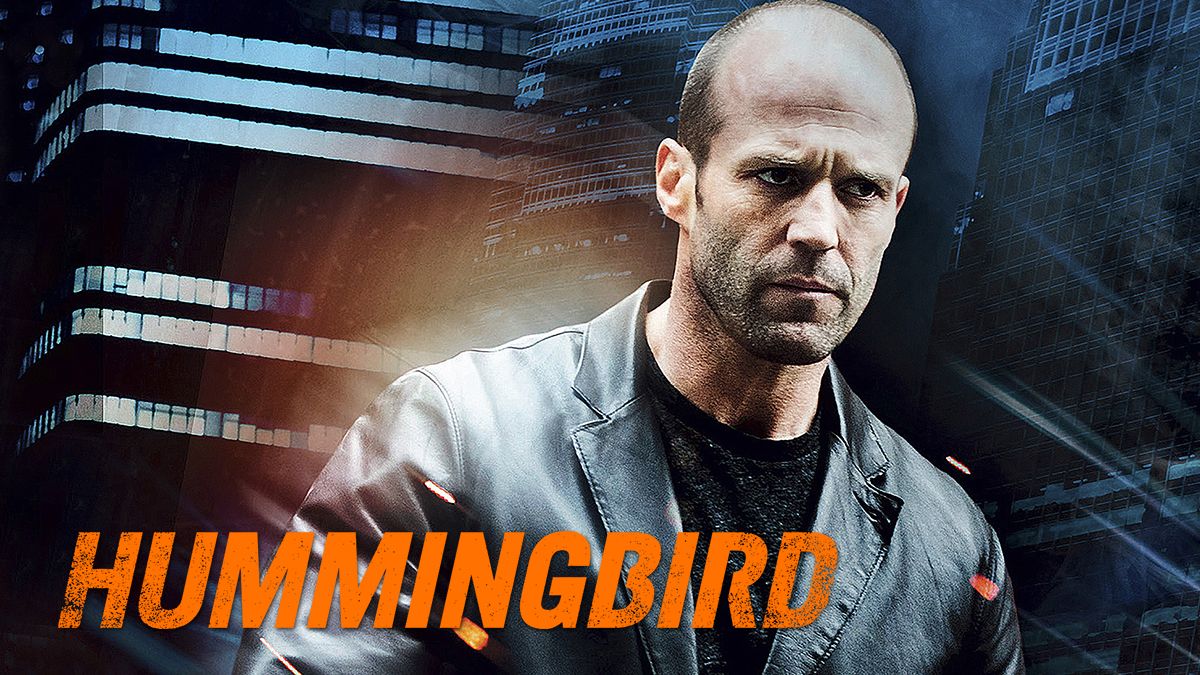Hummingbird – A Gritty Redemption Tale Set in London's Underworld
Hummingbird (released in some regions as Redemption) is a 2013 British action drama film starring Jason Statham in a role that pushes far beyond his usual high-octane action persona. Written and directed by Steven Knight—best known for creating Peaky Blinders—the film is a dark, brooding journey through the criminal underworld of London, blending themes of guilt, violence, redemption, and moral ambiguity. Far from a typical action flick, Hummingbird offers a more introspective look at a man haunted by his past and desperate for some form of salvation.
The story follows Joey Jones, an ex-Special Forces soldier living on the streets of London, mentally scarred by his time in Afghanistan and hiding from a military court-martial. After a violent encounter with thugs, Joey escapes into an upscale apartment left empty for the season. He assumes the identity of the absent owner and reinvents himself—cleaning up, finding work as a driver and enforcer for a Chinese mob, and trying to help others still suffering on the streets. Beneath the surface, however, he remains a damaged man, tormented by what he's done and unsure if redemption is even possible.
At the emotional core of the film is Joey’s relationship with Cristina, a Polish nun who runs a soup kitchen for the homeless. As their connection deepens, Cristina becomes both a symbol of hope and a mirror to Joey’s own broken soul. Their interactions are tender, conflicted, and laden with unspoken pain. The film explores the blurry moral lines between faith, justice, revenge, and love—revealing that salvation may come in forms neither expected nor entirely pure.
Jason Statham delivers one of his most nuanced performances as Joey. While still playing a tough, physically capable character, he sheds the caricatured action-hero bravado and instead offers a restrained, layered portrayal of a man who is at once dangerous and deeply vulnerable. His performance allows the audience to sympathize with a character who lives in the moral gray zone—making his quest for redemption all the more compelling.

Visually, Hummingbird captures the stark contrasts of London life—from the glittering heights of elite society to the gritty, dimly lit alleyways of the homeless. Steven Knight’s direction is atmospheric and intimate, focusing more on mood and emotional tension than explosive set pieces. The cinematography often uses shadows, muted colors, and reflections to emphasize Joey’s fractured psyche and his liminal place between two worlds.
Despite its modest scale, Hummingbird tackles large themes: the impact of war trauma, the failures of institutions, and the struggle for self-forgiveness. It doesn’t offer easy answers or clean resolutions. Instead, it paints a portrait of a man clawing his way toward something better—guided not by heroism, but by guilt, desperation, and fleeting glimpses of hope.

Ultimately, Hummingbird stands as a rare entry in Jason Statham’s filmography—a character-driven drama that showcases his acting range while telling a gritty, emotionally resonant story. It’s a film that lingers, not because of explosions, but because of the quiet, painful question it poses: can a man who has done terrible things ever truly change?
-1752545504-q80.webp)

